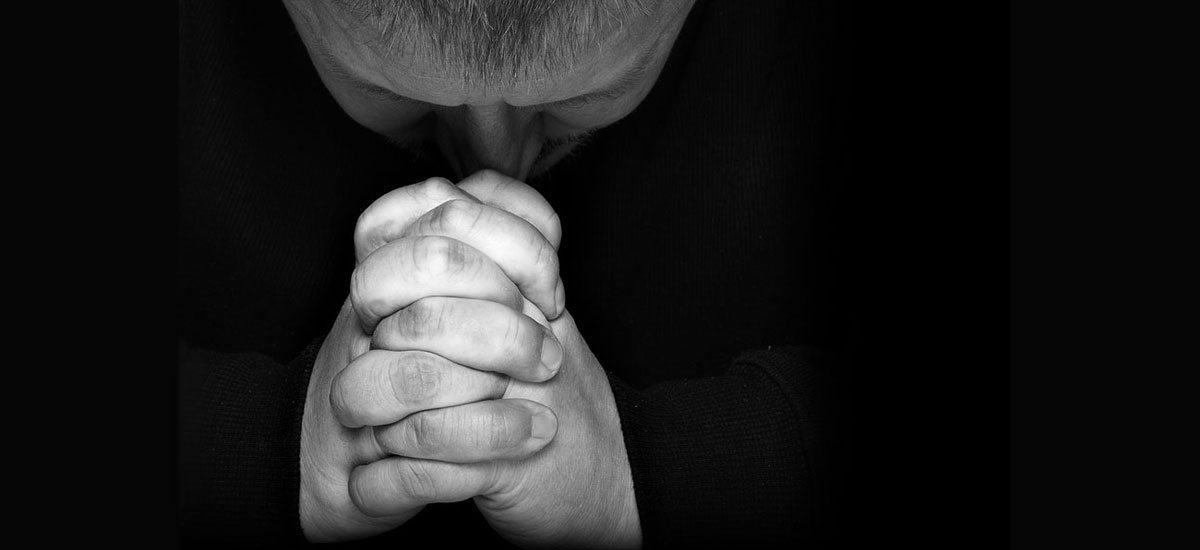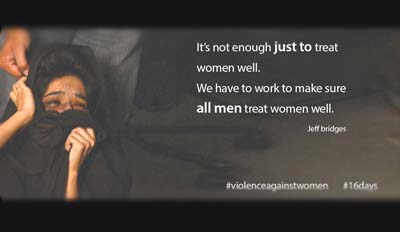Faith Healing in Pakistan:
By Hina Javed
3 April 2016
In Karachi,people from all socio-economic classes, from the wealthy aristocrat to the daily wage laborers, turn to faith healers for cures to a range of physical and mental ailments.
Mental health is a grossly neglected field in Pakistan although mental ailments afflict a significant proportion of the population. According to estimates by the World Health Organization (WHO), around 15 million people suffer from mental illnesses in Pakistan and Karachi alone has a reported two million patients of mental illness. Yet prospects for care are exceedingly bleak as many patients either never seek treatment, quit prematurely, or turn to spiritual healers, oftentimes at the risk of exacerbating their symptoms.“Depression and schizophrenia are the two flagship mental disorders in Pakistan today," says Dr Ajmal Kazmi, a former medical superintendent and consultant psychiatrist at Karwan-e-Hayat. "It takes around four to five years for a mentally ill patient to seek professional help," he says. According to Dr Kazmi, the delay in treatment exists because people do not understand mental health disorders and think that they are possessed by evil spirits or are victims of black magic..
Another reason is the stigmatization of mental illness and the mentally ill in Pakistani society that makes it all the more difficult for those suffering to seek treatment. In Pakistan, poor socio-economic conditions, a dearth of psychiatrists and mental health care institutions, combined with a distrust of psychiatric treatment mean a vast majority of people resort to shamanic treatment for psychological ailments. Dr Kazmi believes people prefer short term outcomes to professional medical help. This keeps many from receiving the help they need.
Shahida
Now a patient at Karwan-e-Hayat, a non-profit welfare organization in Karachi that works on the treatment and rehabilitation of underprivileged mentally ill patients, is one such example. She was in the prime of her life — 20 years old — and lived in a Karachi slum, when she started showing symptoms of depression: feelings of hopelessness and helplessness, changes in sleep patterns, feelings of guilt and sadness, and psychosomatic pains. Her family, baffled by her unresponsive behavior, approached a spiritual healer in a nearby locality who said that she was possessed by evil spirits. For over three years, Shahida frequented various faith healers and kept drinking spiritually treated water to no avail. Fortunately for her, someone advised her mother to send her to Karwan-e-Hayat."It was difficult convincing her parents that Shahida was not possessed: she was suffering from major depression," says Saadia Mazhar, a clinical psychologist at Karwan-e-Hayat. Shahida was admitted to the facility for over a year. She received psychotherapy and recovered from depression. Today, Shahida has recovered enough to carry out personal errands and is involved in vocational training.
Shamanistic Healing
Popularly known as a "baba" or “hakim,” a shaman in Pakistan is a religious healer who has no professional qualification and uses spiritual powers, either conferred upon or acquired through meditation, to bring relief to people with mental health problems in Karachi. As cited in a research study conducted by the Department of Psychiatry in Memorial University of Newfoundland, the number of practicing shamans is very high. In Karachi alone, there are about 400 such practitioners.These faith-healers practice at their residences and clinics. They largely explain mental illness on the basis of possession by evil spirits, or the evil eye cast by enemies. One such faith healer, Hakim Abdul Yakoob, located in the Sabzi Mandi area of Karachi, prescribes amulets, spiritually treated water, burning of incense and reciting incantations, in addition to acting as a medicine-man.
"We prepare our medications with herbal ingredients, minerals, salts and chemicals," says Haseeb Mohammed, compounder at Yakoob's clinic. "They give mental strength and are recommended for the treatment of impaired concentration and weakening memory."
The rift between psychiatry, psychology and religion
The divide between psychiatry and religion has made mental healthcare even more challenging. Most mental health professionals dismiss divine healing while religious healers distrust medical treatment."Doctors are incapable of warding off an evil spirit. They can only prescribe allopathic medications which are ineffective in cases of evil possession," says Yakoob.
On the other hand, Dr Kazmi disapproves of faith healing, arguing that in most cases it aggravates the patient’s symptoms and medical treatment also becomes ineffective. "Patients seek medical help when they are too ill, aggressive and unmanageable," he says. "In more severe cases, if the disorder is not treated by a medical professional, it may even result in the patient committing suicide."
Contrary to these viewpoints, Mazhar offers a unique perspective on faith healing in psychology. "Psychology is all about mental satisfaction. If the patient is satisfied with a treatment, it should be sought," she explains. In her opinion, faith healers also apply this concept. Those who usually go to faith healers have blind faith in spiritual treatment. In less severe cases, the satisfaction derived from seeing faith healers cures the mental ailment, which then convinces patients of the effectiveness of faith healing.
Even though, Islam advocates spiritual healing as taught in its religious texts, this belief has largely been exploited by faith healers. “They usually play with the psychological beliefs of people. Once the healers have won the trust of the people, they manipulate and exploit them for money making,” says Mazhar. She points out that serious violations have occurred in the past and girls have been raped and murdered, but Pakistanis routinely turn to these spiritual healers for various health problems. In a larger context, it is the belief system that wins the trust of the individual. Society has deep-rooted religious beliefs further reinforced through media programming and family traditions. She explains that despite cynicism, people still approach faith healers because they are heavily influenced by tales of positive experiences that are prevalent in Pakistani society.
The popularity of faith healers stems from rural Pakistan where mental health is a relatively unexplored field, but the urban wealthy also turn to these faith healers in huge numbers. “For the wealthy and poor, it is a belief that is passed down through generations, or it is the last resort,” says Mazhar.
Despite the skepticism from mental health professionals, faith healers are largely accepted here for the benefits they confer upon patients, such as, low cost treatments, ease of accessibility, and social acceptability. According to estimates by the WHO, for a population of above 180 million people, there are only 400 psychiatrists and five psychiatric hospitals available in Pakistan resulting in an alarming psychiatrist-to-person ratio of one to about half a million people. In such conditions, it is imperative that the government steps in to make mental health care facilities available to people from all socio- economic backgrounds.








